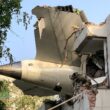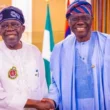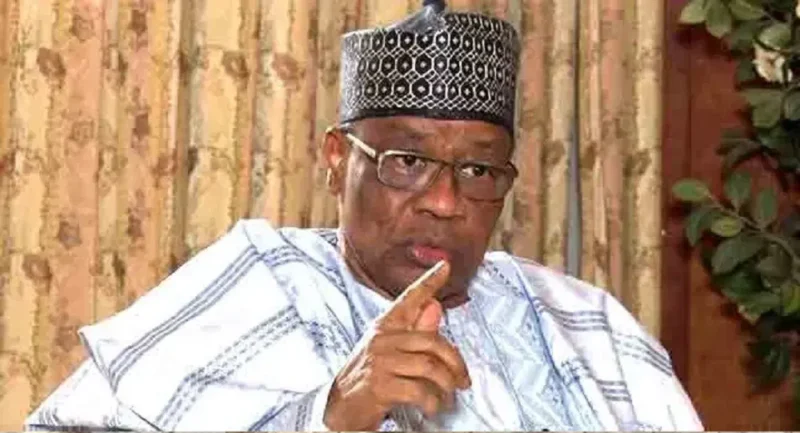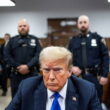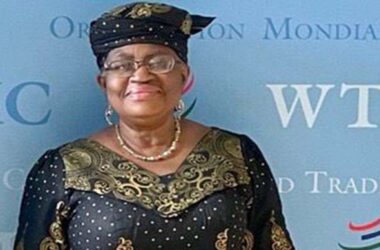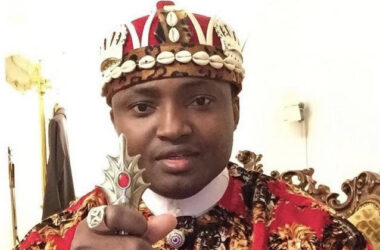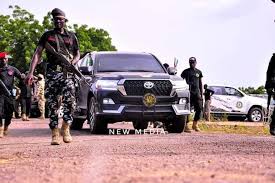Former military president Ibrahim Badamasi Babangida (IBB) has addressed the lingering controversy surrounding the assassination of journalist Dele Giwa, describing it as part of a wider plot to destabilize his administration.
Dele Giwa, the Editor-in-Chief and co-founder of Newswatch magazine, was killed by a parcel bomb at his Ikeja residence on October 19, 1986. The attack, which occurred during Babangida’s military regime, remains one of the most shocking assassinations in Nigeria’s history.
Many have long suspected the government’s involvement, but in his newly released autobiography, A Journey in Service, Babangida denied any role in the killing. He questioned the logic of claims that the parcel bomb carried government markings, arguing that such an act would be a reckless and obvious giveaway.
In Chapter 10 of his book, Babangida detailed the numerous crises his administration faced, listing Giwa’s assassination alongside the Vatsa coup, the Gideon Orkar coup, the Organisation of Islamic Conference (OIC) controversy, the Structural Adjustment Programme (SAP) riots, and the C-130 air crash.
He expressed deep sorrow over Giwa’s death, recalling their friendship and frequent discussions on national issues.
“Mr Giwa was a good friend, like a few other senior journalists in the country. We spoke often on the phone and met a few times. I valued his deep insight on national issues and respected his views and reach as a media leader,” Babangida wrote.
However, he noted that his grief was overshadowed by the public outrage and the chilling introduction of parcel bomb assassinations in Nigeria.
Babangida recounted that Giwa was having breakfast with Newswatch’s London Bureau Chief, Kayode Soyinka, when the bomb exploded, leaving him fatally injured. The timing of the attack, he observed, came less than a year after he ousted General Muhammadu Buhari and just weeks after the OIC controversy, which led to the retirement of his deputy, Commodore Ebitu Ukiwe.
He described the murder as part of a larger effort to undermine his government, stating, “I saw Giwa’s wicked and cruel murder as part of a series of booby traps and acts of destabilisation being hatched against the administration.”
Babangida argued that the perpetrators likely chose Giwa because of his popularity and his connection to the military regime, knowing that his assassination would provoke public outrage and damage the government’s image.
Babangida firmly rejected allegations that his government orchestrated the murder, calling such claims “cheap and foolish.”
“The insinuation that the parcel may have come from the headquarters of the administration was cheap and foolish. Why would an officially planned high-level assassination carry an apparent forwarding address of the killer? Why would a government-planned and executed crime point directly at the suspect?” he wrote.
He explained that he relied on the police and intelligence services to investigate the killing, instructing the Inspector-General of Police to assign a top team to handle the case and provide daily updates.
Reflecting on why Giwa’s murder remains unsolved after nearly four decades, Babangida blamed media sensationalism and political interference.
He noted that the legal approach taken by Newswatch’s lawyer, Chief Gani Fawehinmi, turned the case into a public spectacle instead of a proper criminal investigation.
“The involvement of high-profile lawyer Gani Fawehinmi and the populist slant given to the case by the media poisoned the investigation with political overtones,” he wrote.
Babangida argued that investigators were pressured to focus solely on his administration, ignoring other possible suspects. He believed this approach muddled the police investigation and prevented a factual resolution of the case.
“What the campaigners failed to realise was that even under a military regime, crimes will be committed by persons and agencies that may not be directly related to either the military establishment or the government,” he added.
He also criticized the adversarial nature of the Nigerian media, saying that journalists often positioned themselves against the government, making impartial investigations difficult.
Despite former President Olusegun Obasanjo reopening the case during the Oputa Panel on Human Rights, Babangida noted that no new evidence emerged.
“The Giwa, like all mysterious murders, has remained unsolved after so many years. I keep hoping the truth will be uncovered in our lifetime or after us,” he wrote.


